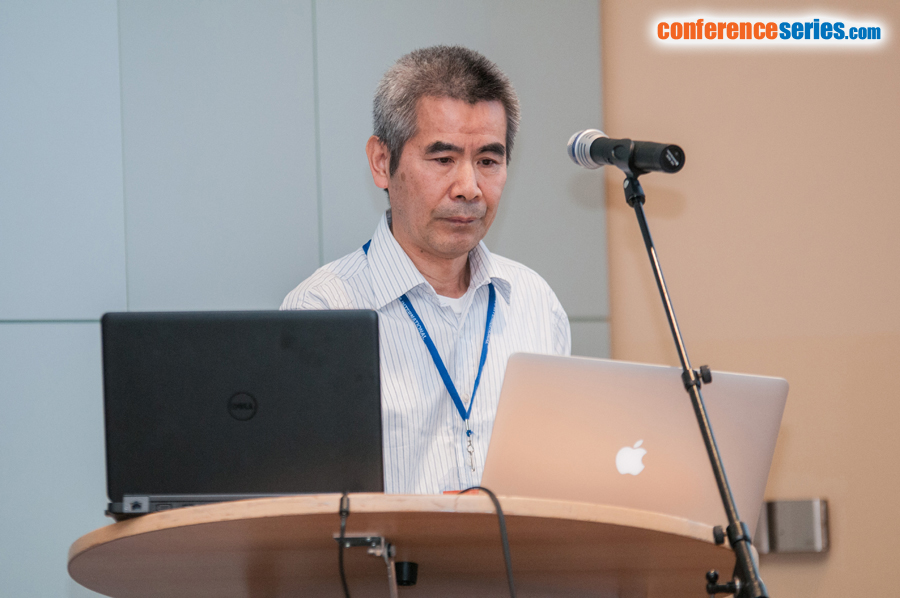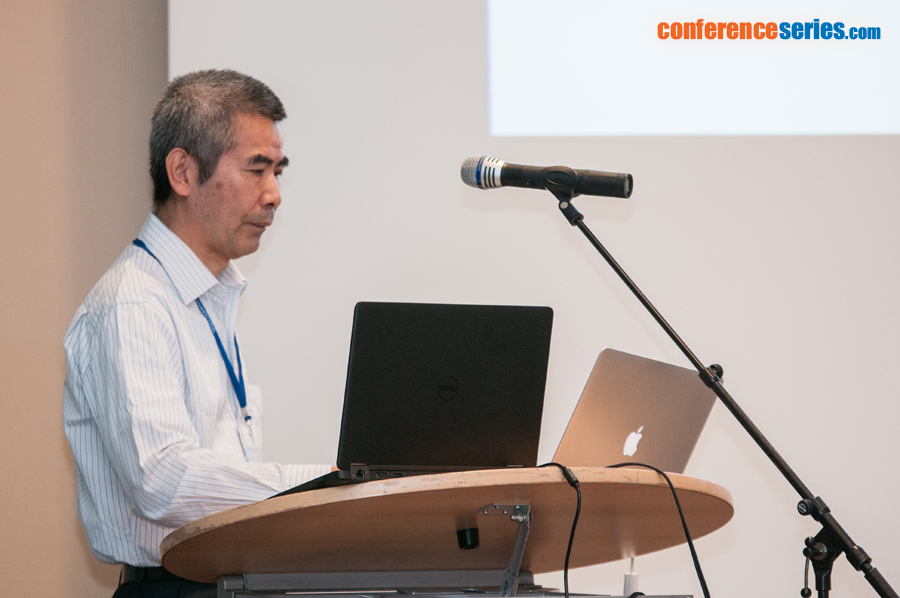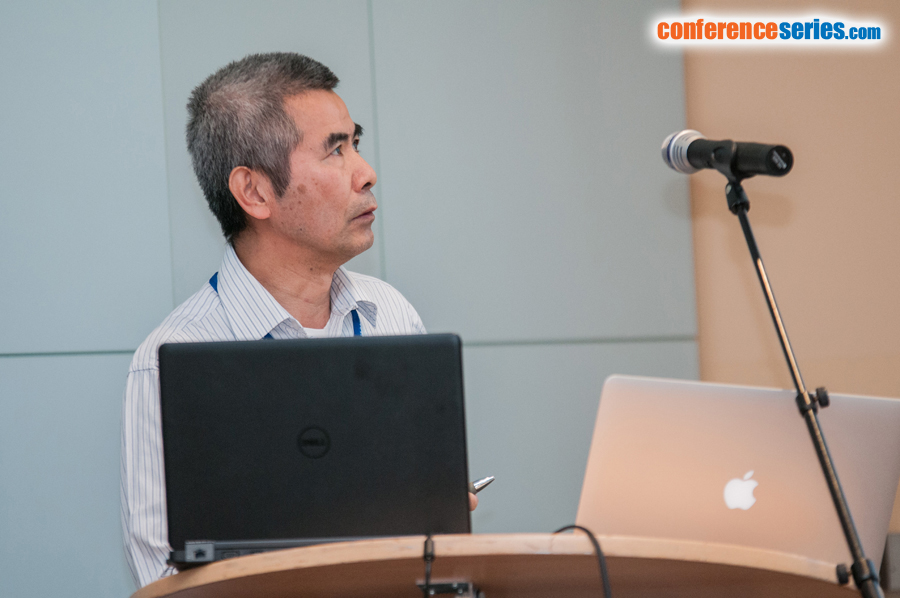
Rongtuan Lin
McGill University, Canada
Title: Modulating the antioxidant defenses to potentiate oncolytic virotherapy in prostate cancer
Biography
Biography: Rongtuan Lin
Abstract
Oncolytic viruses (OVs) are novel anticancer agents that infect and effectively kill cancer cells but not normal cells. Although tumor growth is delayed or eliminated in numerous animal models following treatment with OVs, several cancer models remain partially or completely resistant to viral oncolysis. To overcome this resistance, experimental strategies are now combining OVs with different cytotoxic compounds to improve OV efficacy. Our laboratory has previously demonstrated that OV replication can be bolstered by co-administration of other chemical agents such as Triptolide, a natural molecule derived from the medicinal herb. In the current study, we investigated the capacity of sulforaphane (SFN); an anti-cancer compound naturally occurred in cruciferous vegetables with demonstrated potent antioxidant and possible anti-inflammatory actions to enhance vesicular stomatitis virus (VSV) oncolysis in OV-resistant cancer cells. We ultimately demonstrate that the resistant PC3 prostate cancer cell line can be sensitized to VSV by addition of SFN. Indeed, SFN dose-dependently enhances the replication of VSV. Neither VSV (MOI 0.1) nor SFN (20 uM) alone are toxic against PC3 cells in vitro; however, in combination they greatly increased the oncolytic capacity of VSV by reducing cancer cell viability and promoting apoptosis-mediated cell death. Furthermore, the potentiation of VSV oncolysis by SFN is dependent on the production of ROS and is associated with the induction of autophagy. SFN is known to induce phase II antioxidant genes via Nrf2 activation, which regulates ROS levels and stimulates autophagy in prostate cancer cells. Mechanistically, SFN inhibited the innate antiviral response by blocking the type-1 interferon (IFN) signaling pathway, through the activation of the Nrf2 transcription factor. Exogenous Nrf2 expression inhibits Interferon-Stimulated Response Element (ISRE) promoter activity in a dose dependent manner following virus infection or IFN treatment. Taken together, these results demonstrate for the first time the synergic effect of SFN and VSV and indicate that SFN treatment increases VSV replication and the subsequent apoptosis of tumor cells by inhibiting IFN signaling. We are currently investigating the molecular mechanism involved in VSV-induced oncolysis by Nrf2 activators and evaluating the therapeutic potential of the combination of OV and Nrf2 activators in a mouse model of prostate cancer.
Speaker Presentations
Speaker PPTs Click Here




